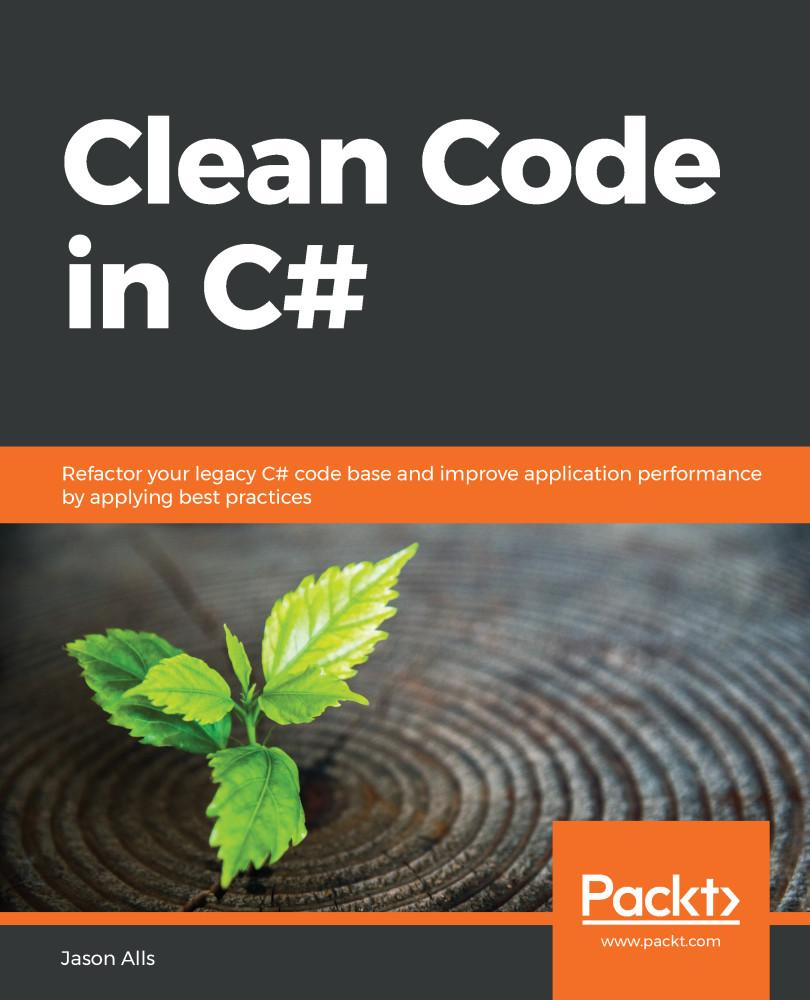In unchecked mode, an arithmetic overflow is ignored. In this situation, the high-order bits that cannot be assigned to the destination type are discarded from the result.
By default, C# operates in the unchecked context while performing non-constant expressions at runtime. But compile-time constant expressions are always checked by default. When an arithmetic overflow is encountered in checked mode, an OverflowException is raised. One reason why unchecked exceptions are used is to increase performance. Checked exceptions can decrease the performance of methods by a small amount.
The rule of thumb is to make sure that you perform arithmetic operations in the checked context. Any arithmetic overflow exceptions will be picked up as compile-time errors, and you can then fix them before you release your code. That is much better than releasing your code and then having to fix customer runtime errors.
Running code in unchecked...


